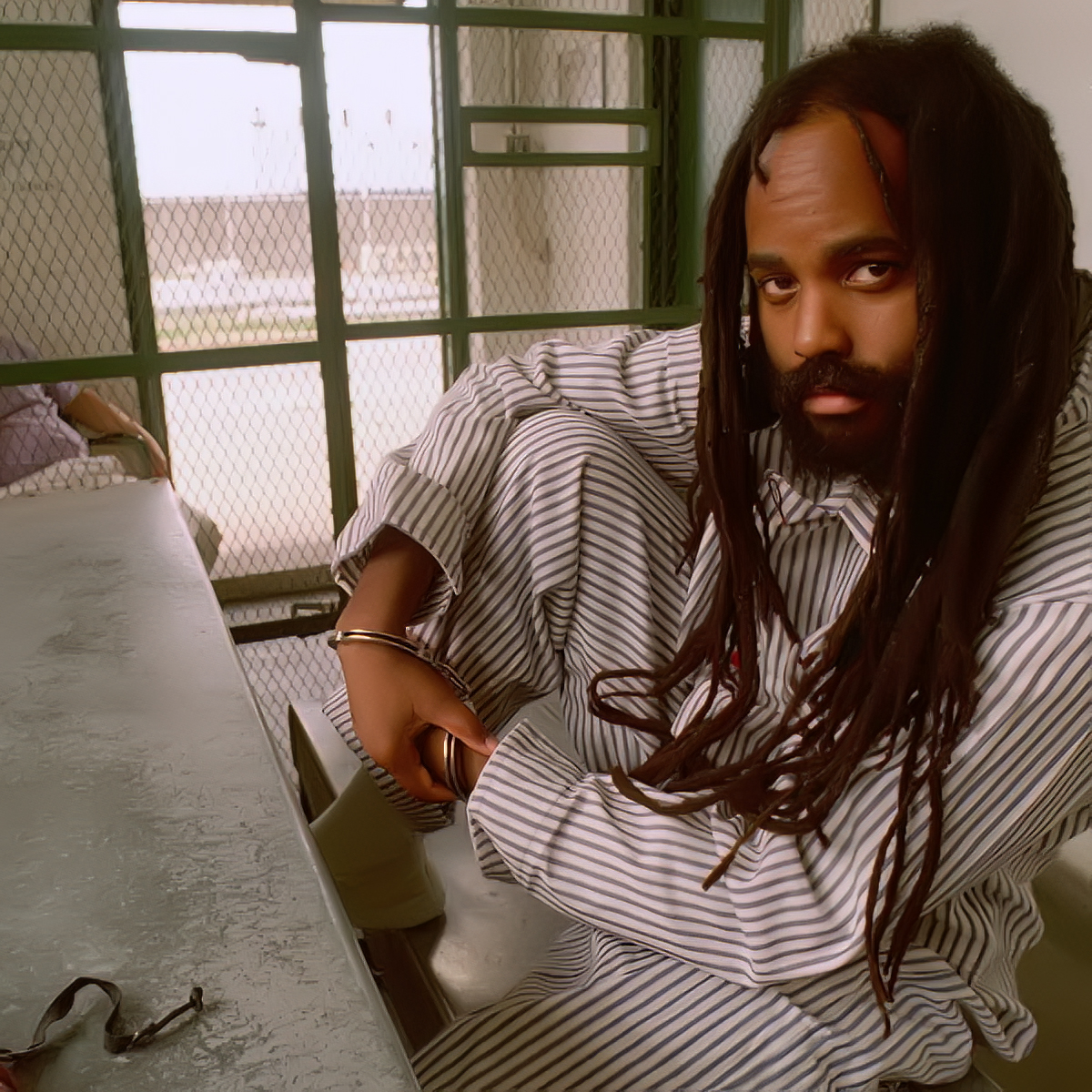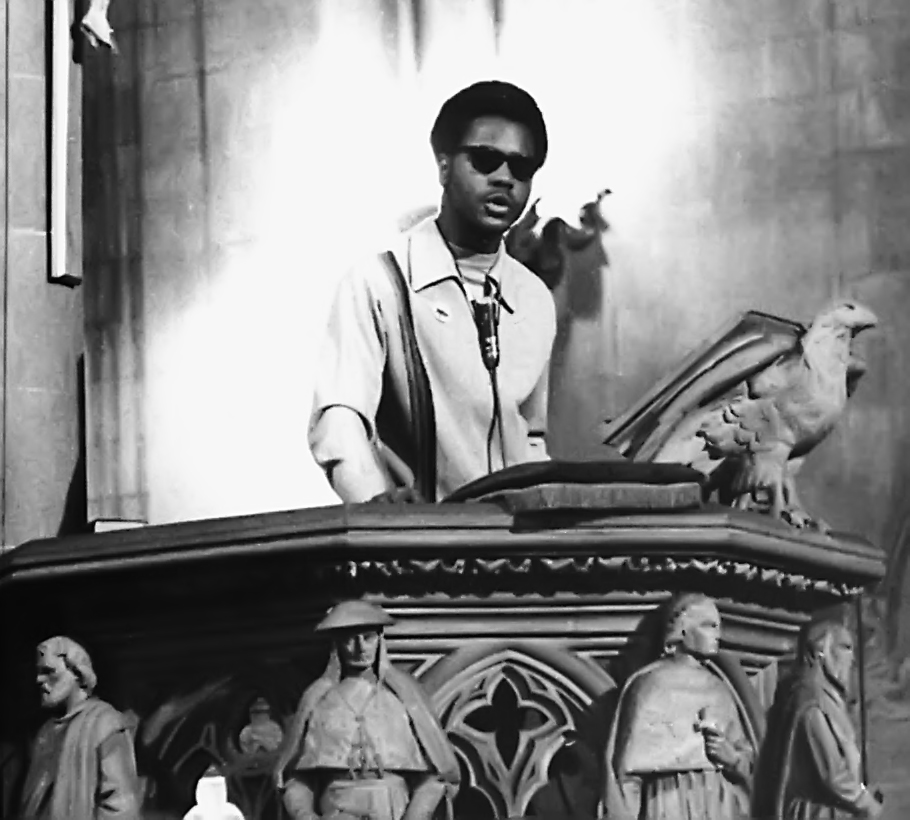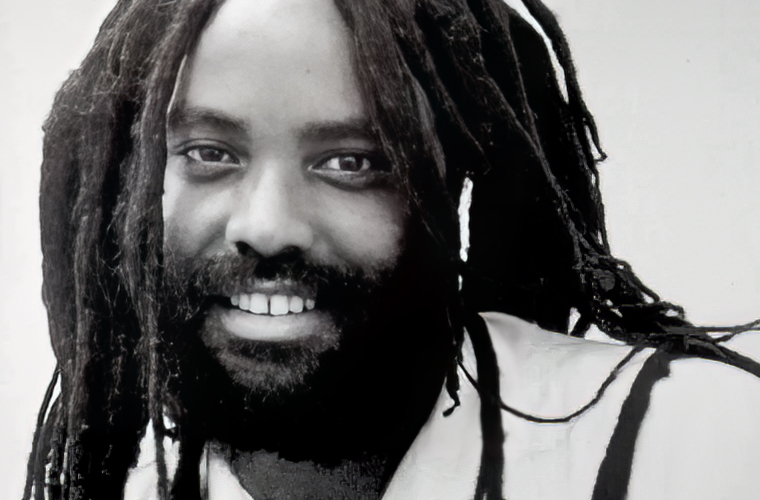Mumia Abu-Jamal, born Wesley Cook on April 24, 1954, is a former journalist and political activist who became widely known for his controversial conviction and death sentence for the 1981 murder of Philadelphia police officer Daniel Faulkner. Abu-Jamal’s case has attracted significant attention and sparked debates around issues such as racism, the criminal justice system, and the death penalty.
Abu-Jamal was working as a radio journalist and was a former Black Panther Party member at the time of his arrest. He was found guilty of first-degree murder and sentenced to death in 1982. However, over the years, his case has been the subject of numerous appeals, legal challenges, and international protests. Supporters argue that he did not receive a fair trial, citing allegations of racial bias, prosecutorial misconduct, and inadequate legal representation.

Abu-Jamal’s case gained international attention and has become a symbol of the broader movement against the death penalty. His supporters argue that his conviction was politically motivated and rooted in his activism and outspoken criticism of the government and law enforcement. On the other hand, critics argue that he received a fair trial and that the evidence against him is strong.

In 2011, Abu-Jamal’s death sentence was overturned, and he was resentenced to life imprisonment without the possibility of parole. Since then, his case has continued to generate controversy and legal battles, with ongoing efforts to appeal his conviction.

